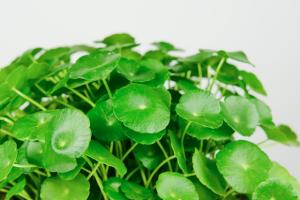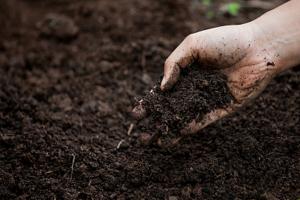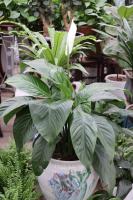Will Tea Tree Oil Hurt Plants?
Tea tree oil is a versatile essential oil that has numerous benefits for humans, including its anti-inflammatory, antimicrobial, and antifungal properties. However, it's natural to wonder if using tea tree oil in the garden will have negative effects on plants. After all, essential oils can be quite potent and have powerful effects on living organisms. So, will tea tree oil hurt plants? Let's explore this question in greater detail.
What is Tea Tree Oil?
Tea tree oil, also known as melaleuca oil, is a pale yellow essential oil that is derived from the leaves of the tea tree plant (Melaleuca alternifolia). The tea tree is native to Australia, and its oil has been used for centuries by indigenous people for its medicinal properties. Tea tree oil's antimicrobial and antifungal properties make it a popular ingredient in skincare products, cleaning solutions, and even pet care products.
Tea Tree Oil and Plants
While tea tree oil has many benefits for humans, it can potentially harm plants if used improperly. The high concentration of terpenes in tea tree oil can result in phytotoxicity (plant damage) if applied directly to leaves or stems. Moreover, some plants may be more sensitive to tea tree oil than others. This means that the impact of tea tree oil on plants will depend on several factors, including the plant species, stage of growth, and the concentration of tea tree oil used.
Uses of Tea Tree Oil in Gardening
Despite the potential for harm, tea tree oil can be a useful tool in gardening when used appropriately. Some common uses of tea tree oil in gardening include:
Natural Pesticide: Tea tree oil can be used to repel pests like aphids, whiteflies, and spider mites when applied in small amounts to the soil or as a spray diluted with water.
Fungal Control: Tea tree oil can be effective in controlling fungal diseases like powdery mildew and black spot when applied as a preventative measure or as an early treatment.
Soil Treatment: Tea tree oil can be used to treat soil-borne diseases like root rot and soil-borne pests like nematodes.
Tips for Using Tea Tree Oil in Gardening
If you're planning on using tea tree oil in your garden, it's important to follow some safety precautions to avoid harming your plants. Here are some useful tips:
Dilute the Oil: Always dilute tea tree oil before applying it to plants; a concentration of 0.25-1% is recommended.
Test a Small Area: Before applying tea tree oil to an entire plant or section of your garden, test it on a small area to ensure your plants are not sensitive to it.
Apply in Proper Conditions: Apply tea tree oil when the temperature is below 90°F and humidity is low to avoid phytotoxicity.
Use Sparingly: Excessive tea tree oil can cause damage to your plants, so use it sparingly.
Wash Your Hands: Be sure to wash your hands after handling tea tree oil to avoid skin irritation and accidental transfer to plants.
Conclusion
Tea tree oil can be very beneficial in some gardening scenarios, but it must be used with caution to avoid damaging plants. Tea tree oil is a powerful essential oil that should be used sparingly and, when used correctly, can provide natural solutions to many common gardening complaints. So, will tea tree oil hurt plants? The answer is yes, it can, but as long as you take necessary precautions, it can be a valuable tool in your gardening kit.

 how many times do yo...
how many times do yo... how many planted tre...
how many planted tre... how many pine trees ...
how many pine trees ... how many pecan trees...
how many pecan trees... how many plants comp...
how many plants comp... how many plants can ...
how many plants can ... how many plants and ...
how many plants and ... how many pepper plan...
how many pepper plan...






























